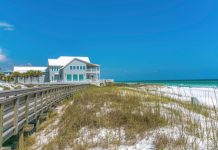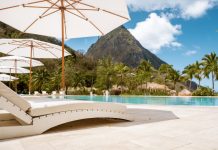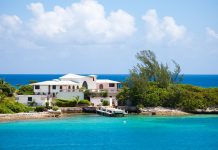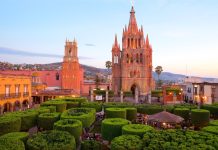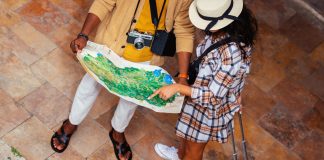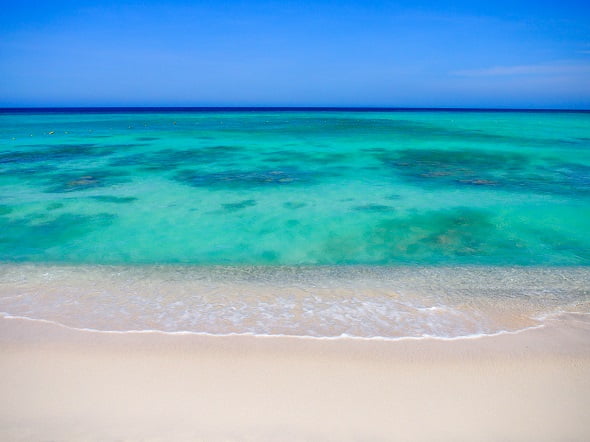
The Caribbean region is a collection of more than 7,000 islands, each with its own separate and delicate ecosystem. Separating these islands is more than one million square miles of open seas, perfect for one of your next Caribbean diving vacations.
For centuries, this mass expanse of water has been counted upon by the people of the region to provide everything from food and nourishment to transportation and commerce. Annually, millions of visitors from all over the world are lured to our shores, in large part, to marvel at and frolic in our seas. In the Caribbean, clean and healthy seas are truly everything. Unfortunately, few bodies of water are under more environmental stress.
Climate change, invasive species, litter and pollution all pose an increasing threat to the overall health of Caribbean marine ecosystems. Thankfully, a growing number of scientists, artists and local volunteers across the West Indies are finding innovative new ways to fight back and safeguard our seas.
Visitors to the region can help too. Here are a few opportunities to consider for your next Caribbean escape.
Replant Coral Reefs in Grenada
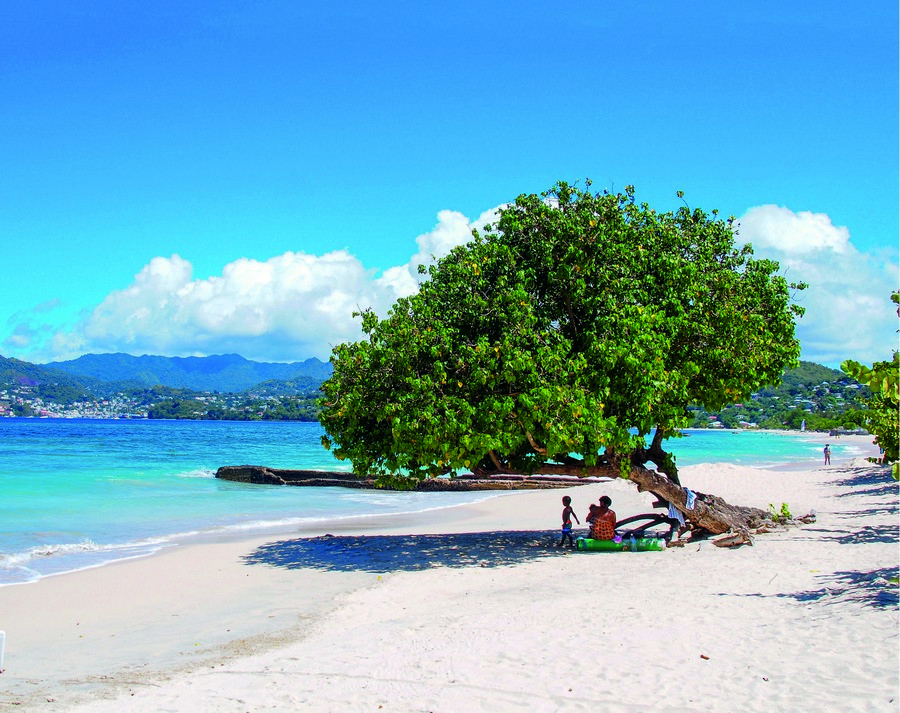
The Caribbean and coral reefs go hand-in-hand. However, if we don’t take action quickly, one of those hands will be waving bye-bye to the other.
It is estimated that more than 50% of the Caribbean’s coral reefs have died since 1970. While this statistic by itself is hard to believe, the future forecast is even bleaker. As seas grow warmer due to climate change and more plastics and other forms of litter invade our oceans, the world’s coral reefs disappear more rapidly. Some studies even suggest that all coral reefs may be nearly extinct within 20 years.
Today, several different organizations are actively attacking this issue across the Caribbean. One of them, Caribbean Reef Buddy in Grenada, invites volunteers to join in the fight.
Caribbean Reef Buddy offers several volunteer programs all based upon marine environment sustainability. The organization offers shark monitoring, lionfish containment, dive training and coral restoration at their innovative undersea coral nursery.
Curacao Lionfish Safari
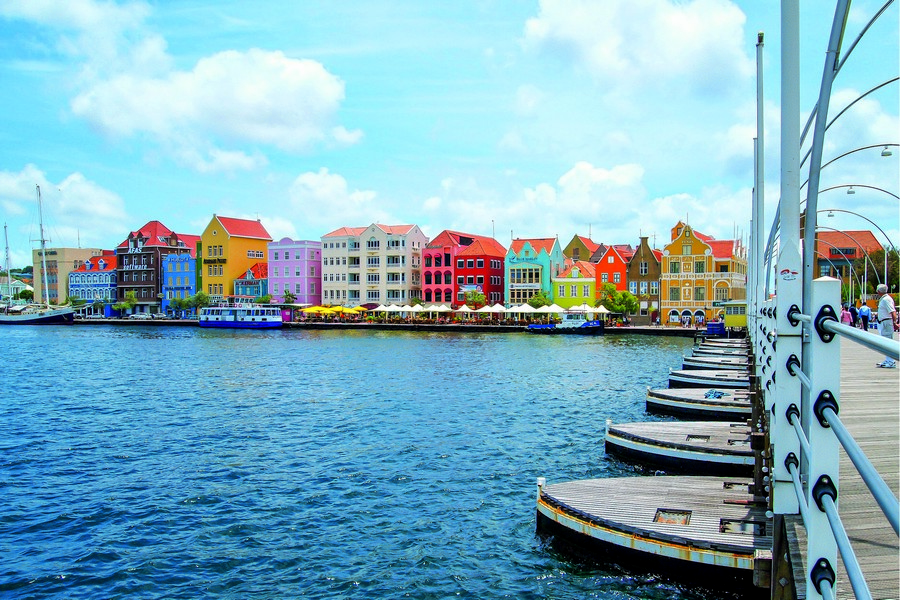
The King Kong of invasive marine species in the Caribbean, the lionfish has been devastating marine ecosystems throughout the West Indies in recent years.
How bad is this venomous, invasive beauty? According to Molly Buckley, owner of SCUBA Dive Shop in St. Croix, lionfish “can decimate a Caribbean reef in just weeks. They eat non-stop and can lay up to 30,000 eggs. They are a huge threat to the Caribbean.”
In an effort to fight them, many dive shops across the Caribbean offer Lionfish Safari experiences where divers are invited to spear the troublesome species. LionfishCuracao not only offers packages instructing divers in the best hunting techniques, but they also sell jewelry made from your lionfish catch!
Coastal Conservation in Aruba
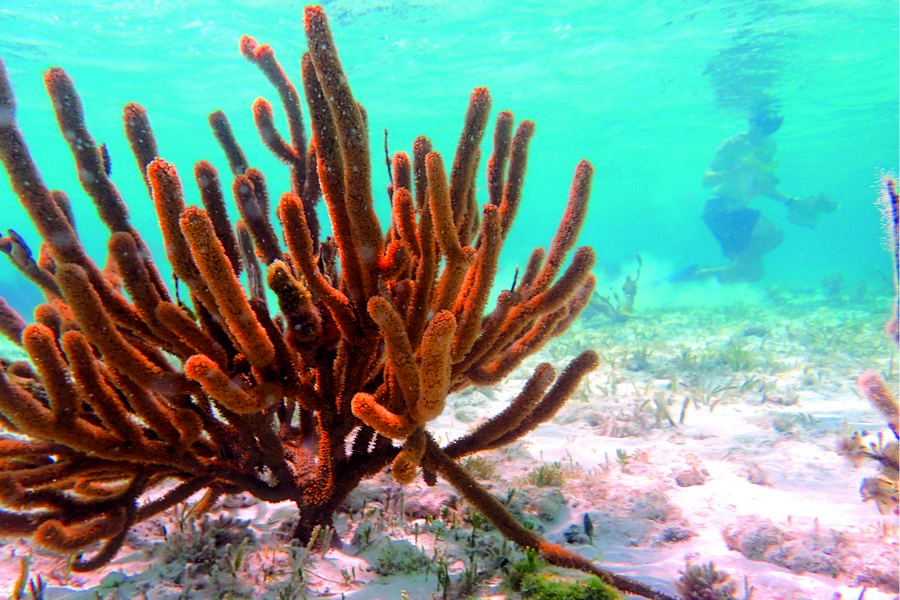
It’s staggering to even consider but according to Ocean Conservancy, eight million metric tons of plastics end up in our oceans every year. To make matters worse, that immense figure is added to the already overwhelming 150 million metric tons of plastics already in our waterways.
The easiest thing we can all do to fight this, of course, is to clean up after ourselves and ensure that our waste is disposed of properly. In the Caribbean, the Aruba Reef Care Project helps to promote both good habits while also keeping Aruba and its surrounding waters litter-free.
The Happy Island’s largest volunteer initiative, Aruba Reef Care brings together more than 800 participants from overseas and across the island to clean up the island’s most popular beaches and dive sites. The annual event, which celebrates its 27th year in 2021, also helps raise awareness of the growing problem of plastics and other forms of litter in our seas.
Marvel at Underwater Art in Martinique
The fight to safeguard our seas calls to action those who truly care about the Caribbean. However, the work doesn’t always have to be strenuous. Sometimes, as in the case of the Caribbean’s undersea sculpture gardens, the simple act of admiring art can have a positive impact on the environment.
Art pieces anchored to the seafloor, like those found at the Molinere Underwater Sculpture Park in Grenada and Amphitrite in Grand Cayman, have created an uncommon new style of undersea attraction for scuba divers and snorkelers to enjoy. Attractions like these give natural reefs and Mother Nature a break from heavy human traffic, allowing some added time and space to rejuvenate.

Among the more culturally moving and significant of these Caribbean undersea museums is the Martinique New Underwater Sculpture Park. Nestled beneath the waves off Saint-Pierre, the Martinique New Underwater Sculpture Park is the brainchild of Laurent Valere. One of the Caribbean’s most celebrated contemporary artists, Valere is also the master talent behind the Anse Cafard Slave Memorial — a powerful and poignant remembrance of the slave era.
Pivoting away from the past, Valere’s undersea installations speak more to the future and encourage respect for and preservation of our oceans.
The installation is composed of two huge figures. Each represents a legendary character pulled from old Martinican myths. The first, Manman Dlo, is a mermaid who sailors have always been cautioned to avoid as she likes to overturn ships, thereby drowning all the passengers aboard. The second, Yemaya, is a sultry siren meant to symbolize the “Woman of the Sea.”
Together, the message the pair conveys is simple: respect the sea and appreciate her beauty lest we all perish. It is a lesson well-learned and enjoyed with a side of Creole culture.








